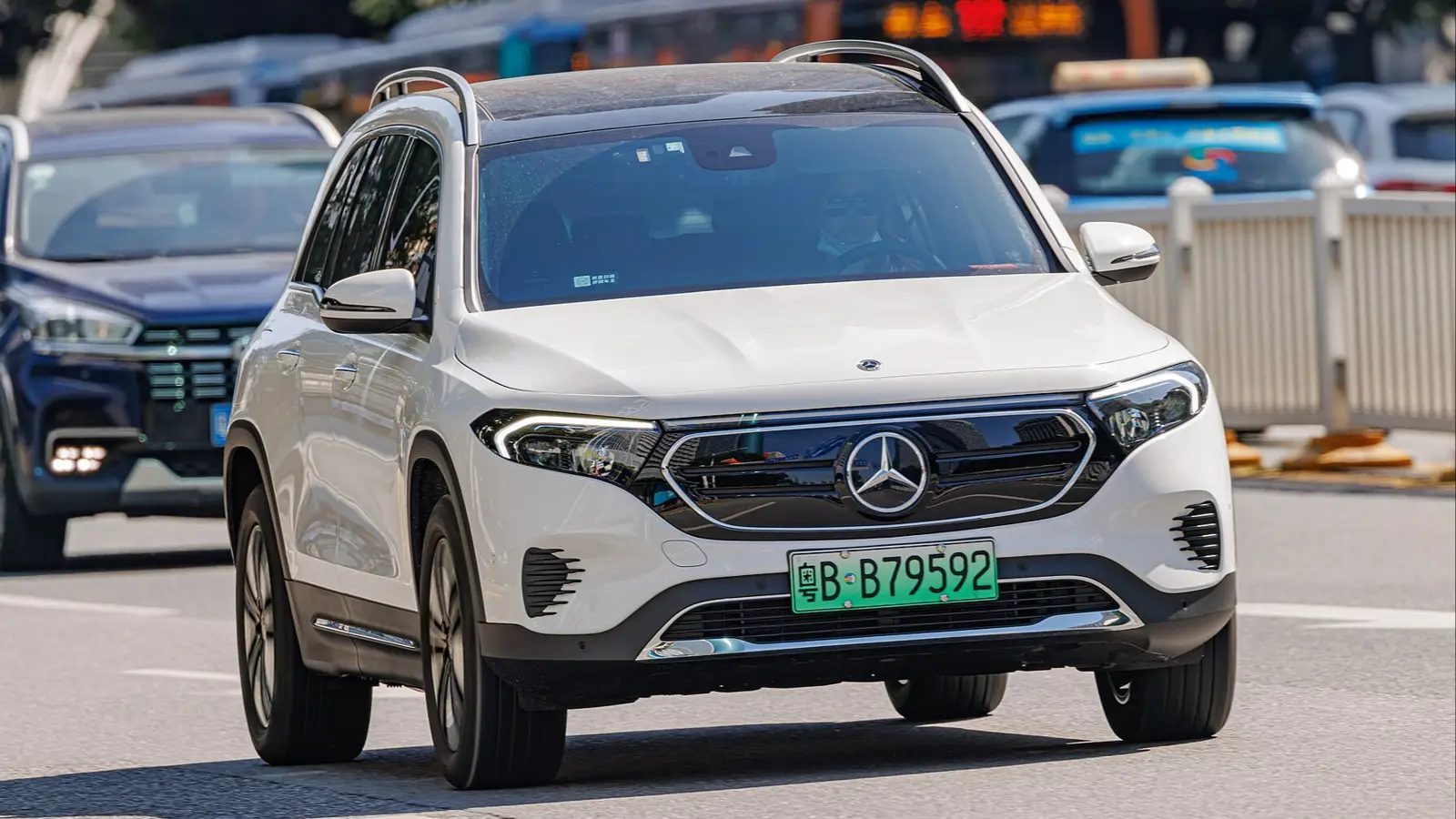Mercedes-Benz Phases Out EQ Branding: What It Means for the Future of EVs

Mercedes-Benz will no longer separate EVs under the EQ brand, integrating them into its main lineup. Learn why the company is shifting its strategy and what it means for the future of electric vehicles.
Mercedes-Benz is moving away from its dedicated EQ electric vehicle lineup, opting instead to integrate EVs into its core model range. This marks a significant shift in strategy, reflecting not only the growing normalization of electric cars but also a more flexible approach to powertrain choices. Instead of treating EVs as a separate category, Mercedes-Benz is now positioning them as just another drivetrain option within its main lineup.
The Mercedes-EQ sub-brand was launched in 2016, at a time when electric vehicles were still considered a niche market requiring their own identity. The company had ambitious plans to roll out ten EQ models by 2022, including smaller Smart-branded EVs. However, reality turned out to be more complex. While individual models like the EQS saw success, EV adoption hasn’t accelerated as quickly as expected.
Now, Mercedes-Benz is adjusting its strategy. The next-generation S-Class and EQS will be merged into a single lineup, with future models following a multi-energy strategy: one architecture, different powertrains. The electric S-Class will be built on the new MB.EA Large platform, while the internal combustion engine version will use an updated MRA architecture.
Why Does This Matter?
This move aligns Mercedes-Benz more closely with BMW’s strategy, which never created a separate EV sub-brand. Instead, BMW has focused on flexible platforms that can accommodate hybrid, electric, and traditional drivetrains under the same badge. This approach provides consumers with more options without requiring them to navigate different brand identities.
Audi, on the other hand, continues to maintain its distinct e-tron lineup. However, the long-term viability of this approach remains uncertain. Splitting product lines between EVs and combustion-engine vehicles creates complexity for both consumers and automakers, who must support two distinct branding efforts.
Updated versions of the S-Class and EQS are expected in 2025 and 2026, marking the first step toward a fully integrated model range. It’s possible that Mercedes-Benz will eventually phase out the EQ branding altogether, making EVs a seamless part of its core offerings.
This decision signals a pragmatic approach to the future of electric mobility. Rather than forcing the market into an all-electric transition, Mercedes-Benz is giving consumers a choice, offering flexibility and a more gradual shift. In an era of slowing EV sales growth, this strategy could prove to be a winning move.
Mark Havelin
2025, Feb 26 14:22


